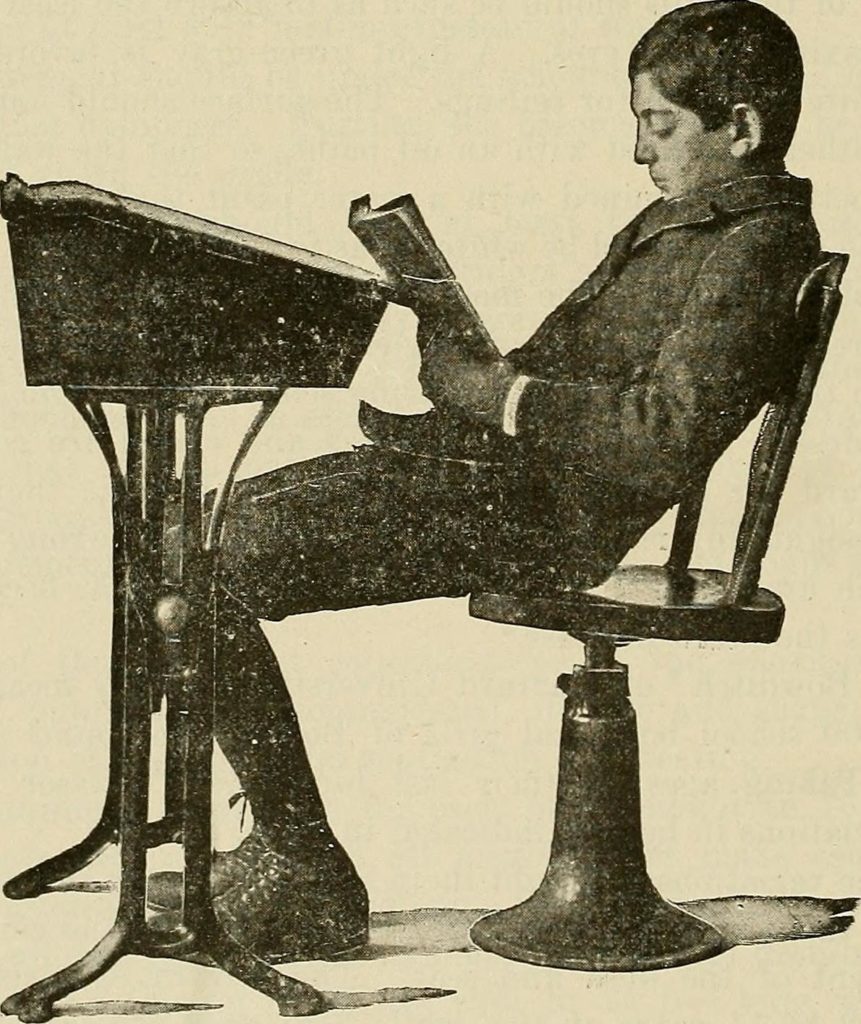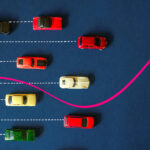Abstracts: Robot Law, Standing Desks, and More
A roundup of science news from around the Web — and around the world.
• Researchers retrieve lost memories from the brains of mice with Alzheimer’s disease by shining light into their skulls to activate memory cells. (Nature in Scientific American)
• Though sit-stand desks are all the rage, recent studies suggest that even when they are available, people tend to end up sitting most of the time anyway. (STAT)

Even when a standing desk is available, you’re probably doing this most of the time, a new study suggests.
• Opposites attract? Not from a psychiatric standpoint. People are more likely to partner up with someone who shares similar psychiatric disorders. (Scientific American Mind)
• Here is a comprehensive look at what the New Horizons flyby has taught us about our sun’s only ex-planet, Pluto. (New York Times)
• Sea level rise is forcing Native American’s of Isle de Jean Charles, Louisiana, from their home and the federal government is paying to move them. (Inside Climate News)
• Here is a succinct explainer video on the chemistry of Flint’s contamination problem. (Scientific American)
• A Cornell researcher explains behavioral evidence that multilingual children have more developed social skills. (New York Times, Gray Matter – Opinion)
• Listening to music may make you feel less lonely because your brain knows it comes from another human. (Nautilus)
• As robots get smarter, our legal system may face new challenges to address cases between robots and people. (The Atlantic)
• Good thing our ancestors didn’t floss. Plaque on ancient hominid teeth, and the DNA in it, reveals a lot about our evolutionary history. (National Geographic)










